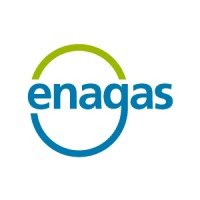Argonne and Constellation to develop green power technologies
Clean hydrogen produced from carbon-free nuclear has the power to decarbonize industries.

The US Department of Energy’s (DOE) Argonne National Laboratory has launched a long-term agreement with Constellation to evaluate trends in the country’s energy system and develop technologies for more efficient, carbon-free power generation.
One such project will focus on using hydrogen from nuclear power to store and transmit energy in backup power, transportation and various other applications. Researchers at Argonne are already working with Constellation to assess market demand for hydrogen and the environmental and economic impacts of hydrogen production, storage and delivery.
Constellation’s generation fleet powers approximately 20 million homes. Its retail business serves two million residential, public sector and business customers, including three-fourths of the Fortune 100. The Cooperative Research and Development Agreement (Agreement) between Constellation and Argonne will support various projects through October 2028.
By providing a legal framework and laying out intellectual property agreements, the Agreement allows Argonne and Constellation to quickly launch projects and pivot to address emerging challenges and opportunities in the nation’s rapidly changing energy system. In addition, the six-year timespan enables the parties to grow and expand their work to build on successes from previous projects, paving the way for Constellation to become a leader in emerging power technologies.
But perhaps the biggest impact of this Agreement is the pipeline it establishes for developing and applying innovative technologies that can help decarbonize the United States’ energy system.
Colleen Wright, VP at Constellation, said, “By combining Constellation’s nation-leading carbon-free energy resources with electrolysis technologies and Argonne National Laboratory’s technical expertise, we have an opportunity to deliver real world solutions to combat the increasing threats of climate change.”
Mark Petri, Grid Security and Resilience Lead at Argonne, commented, “This Agreement can help align our research and development at the laboratory, because it gives us much better insight into what industry actually needs.”
